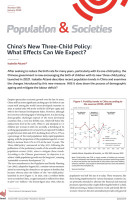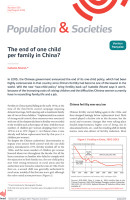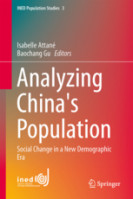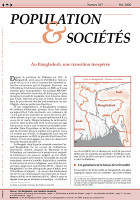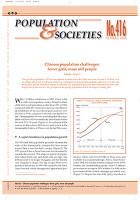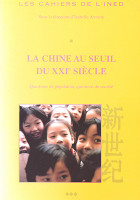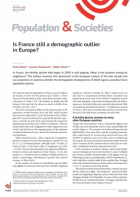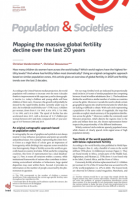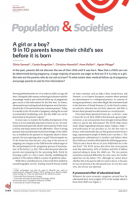
The Demographic Masculinization of China
Collection : Ined Population Studies
2013, 198 pagesPart one: Visible Demographic Discrimination:
Chapter 1: Overview
Chapter 2: Why are there more Boys than Girls?
Chapter 3: A Geography of Discrimination.
Chapter 4: Discrimination against Girls in Early Childhood
Chapter 5: Life-Long Inequality.- Appendices:
Chapter 6: A Phenomenon not Unique in China
Part Two: A System of Norms and Values that Favours Males.
Chapter 7: The Status of Women in Traditional Chinese Societies
Chapter 8: Women, Feminism and Femininity
Appendix: Five Pilot Implementations of the "Care for Girls" Campaign
Chapter 9: Persistent Social and Economic Disparities
Chapter 10: Discriminatory Practices and Factors in Masculinization
Chapter 11: Familial and Socioeconomic Reasons behind Discrimination
Conclusion: What Demographic Perspectives for China and the World?


